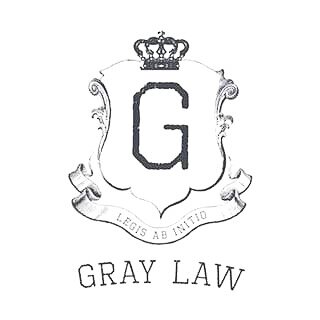Criminal Offenses
The State of New Jersey categorizes criminal matters as a “Crime” or a “Disorderly Persons Offense. A “Crime” (is referred to as a felony or indictable offense) which is heard in one of the Superior Courts, and a less serious offense called a “Disorderly Persons Offense“ (which is referred to as a misdemeanor in other states) is heard in a Municipal Court.
Criminal Offenses Outline
Crimes
Under New Jersey Criminal Laws, indictable offenses are categorized as 1st, 2nd, 3rd, and 4th degree charges. First and second degree crimes are considered to have a presumption of imprisonment, meaning if you are found guilty of one of these offenses you will be sentenced to state prison.
Third and Fourth degree criminal charges do not have any presumption of imprisonment. A Third degree crime is punishable by up to 5 years in state prison and if you are found guilty of a Fourth degree crime you are facing a maximum of 18 months in state prison.
First Degree – These crimes are the most serious criminal matters in the State and these offenses include murder, armed robbery, rape and other serious charges. The penalties for conviction for first degree criminal charges are 10-20 years in state prison with a fine of up to $200,000.
Second Degree – 2nd degree crimes include aggravated arson, sexual assault, aggravated assault kidnapping, robbery without a weapon, endangering the welfare of a child, eluding police, computer pornography crimes, and serious drug charges. The penalties for conviction for a second degree criminal offense under New Jersey laws are typically 5-10 years in state prison and a fine of up to $150,000.
Third Degree – 3rd degree crimes include some drug charges, theft/shoplifting charges, possession of an illegal handgun, and burglary charges. If you are charged with one of these offenses, the range of penalties is from non-custodial probation (i.e., probation without jail time), to up to 3 to 5 years in prison and a maximum fine of $15,000.
Fourth Degree – 4th degree crimes include shoplifting merchandise with a value of $200-$500, criminal sexual contact, and various other charges. If you are found guilty of a 4th degree criminal offense you are facing non-custodial probation to up to 18 months in state prison with a fine of up to $10,000.
Disorderly Persons Offenses
The most common non-motor vehicle charges heard in Municipal Courts are disorderly persons offenses and petty disorderly persons offenses. Disorderly persons offenses in New Jersey are punishable by up to 6 months in the county jail and a $1,000 fine. Whereas, a petty disorderly persons offense carry a maximum county jail sentence of 30 days and a fine of up to $500. These charges also result in a criminal record and show up if an employer is doing a background check.
Ordinances
Every municipality in New Jersey is permitted to enact and enforce local regulations and codes. These local statutes are referred to as ordinances. Examples of ordinances may include disturbing the peace, improper behavior, littering, drinking in public, failure to register your dog or failure to keep the outside of your house clean. If you get found guilty of violating an ordinance you could face up to 90 days in jail, fines of up to $2,000, and could be required to perform up to 90 days of community service. If you plead guilty to a local ordinance they are not considered crimes and do not appear in your criminal history search or during a background check. However, the ordinance will appear on your arrest record, but can ultimately be expunged.

